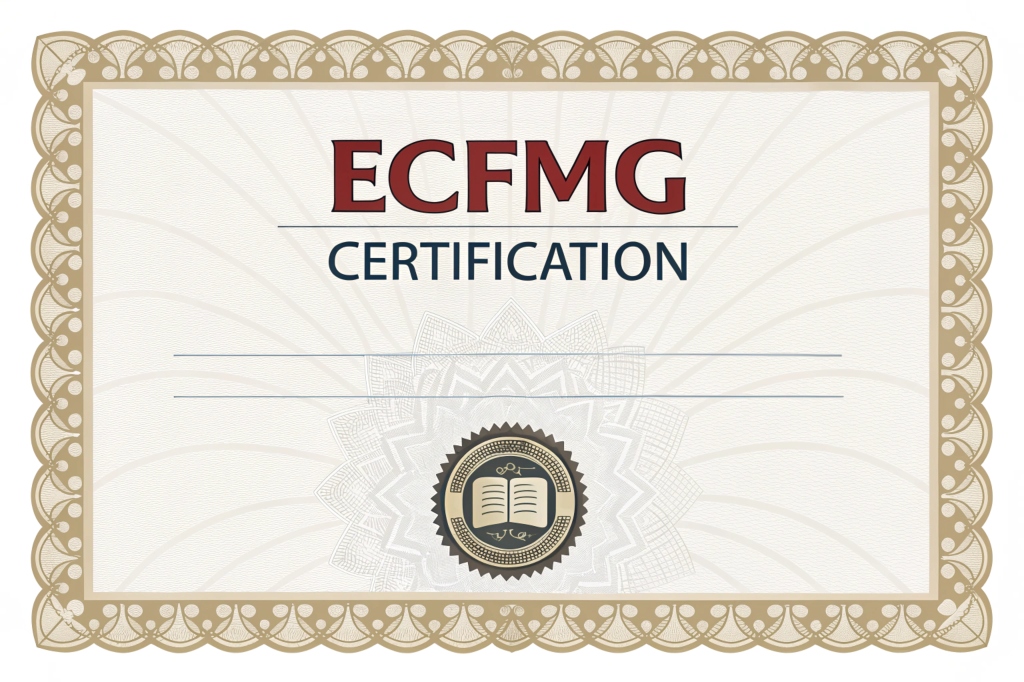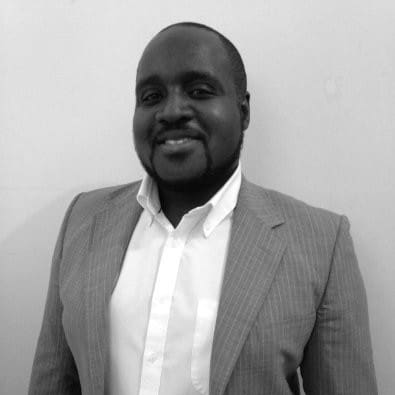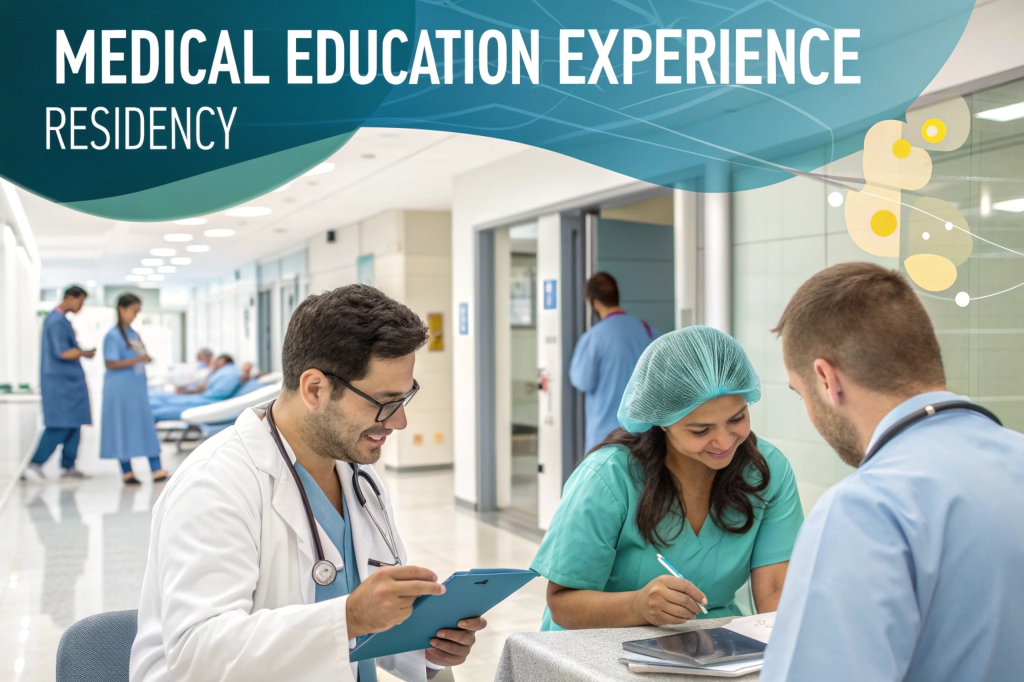Job Search Tips for European Medical Graduates in the U.S.

European medical graduates bring a wealth of expertise, cultural diversity, and advanced medical training to the U.S. healthcare system. Their unique perspective, honed through rigorous European medical education, makes them highly sought after in a country grappling with physician shortages. However, transitioning from European practice to the U.S. medical landscape is a complex journey. From licensing hurdles to immigration requirements, the path can feel daunting. For EMGs, mastering the intricacies of the U.S. job interview process is also essential—read our article on Preparing for U.S. Job Interviews as a European for detailed insights. This guide provides practical tips tailored specifically for European medical graduates (EMGs) aspiring to build successful medical careers in the United States.
Understanding U.S. Licensing Requirements for European Medical Graduates
Licensing is one of the most critical steps for European medical graduates who wish to practice in the U.S. While European medical schools prepare physicians for a high standard of care, the U.S. has its own set of rigorous requirements that must be met.
ECFMG Certification: Your First Milestone

The Educational Commission for Foreign Medical Graduates (ECFMG) certification is a non-negotiable requirement for all international medical graduates, including EMGs. This certification confirms that your medical education meets U.S. standards. To achieve it, you must pass the first two steps of the United States Medical Licensing Examination (USMLE):
- Step 1: Focuses on foundational medical sciences.
- Step 2 CK (Clinical Knowledge): Tests your ability to apply medical knowledge in clinical settings.
Once certified, you’re eligible to apply for residency programs, the next critical step in becoming a licensed physician in the U.S.
State-Specific Licensing Requirements
European medical graduates must also navigate the unique licensing requirements of individual states. While the basic qualifications may overlap, each state medical board has specific guidelines and expectations. For example, some states may require additional documentation or U.S.-based clinical experience.
How European Medical Graduates Can Benefit from Physician Recruiters
Physician recruiters play a vital role in assisting European medical graduates as they transition to the U.S. medical workforce. Their expertise is particularly valuable in understanding the nuances of the licensing and job search processes.
- Matching Your European Expertise to U.S. Opportunities. Recruiters understand the strengths that EMGs bring, such as a strong foundation in evidence-based medicine and multilingual skills. They can help match your qualifications with opportunities that suit your career aspirations, whether in primary care, specialty fields, or academic medicine.
- Navigating Credential Verification. Credential verification is often more challenging for European graduates due to differences in documentation practices. Recruiters can guide you through compiling and submitting the required documents, such as transcripts, diplomas, and residency certificates, to ensure a smooth verification process.

Stay proactive during the credential verification process. Create a digital repository of all your academic and professional documents, ensuring translations and notarizations are up-to-date. This practice not only simplifies recruiter collaboration but also expedites the processing time for U.S. medical boards and potential employers.
Visa and Immigration Strategies for European Medical Graduates

Navigating U.S. immigration laws can be one of the most intimidating aspects of the transition. However, European medical graduates often have an advantage due to their strong educational background and high demand in the U.S.
Visa Options:
- J-1 Visa: Commonly used for residency or fellowship training. Many EMGs complete training on this visa and later apply for a waiver to remain in the U.S.
- H-1B Visa: A popular choice for those seeking employment directly after residency. It allows European physicians to work in specialty roles with employer sponsorship.
- Employment-Based Green Cards: Some healthcare employers sponsor EMGs for permanent residency, offering long-term stability.
Highlighting Your European Medical Training

European medical graduates are highly regarded in the U.S. for their exceptional training and clinical expertise. Highlighting your background effectively can set you apart in a competitive job market.
Showcasing Your European Credentials:
- Medical Education: Highlight the rigor of your European medical school, particularly if it is globally recognized.
- Residency Experience: Emphasize any specialized training or subspecialty expertise gained in Europe.
- Multilingual Skills: With an increasingly diverse U.S. patient population, your ability to speak multiple languages is a major asset.
Gaining U.S. Clinical Experience:
Many European medical graduates bolster their applications by participating in U.S.-based clinical observerships or externships. These experiences demonstrate your adaptability to the U.S. healthcare system and build connections with potential employers.
Targeting Underserved Areas: A Pathway for European Graduates
Many European medical graduates find success by focusing on underserved regions, such as rural or inner-city areas. These regions often face acute physician shortages, making them more receptive to hiring international candidates.
Advantages of Working in Underserved Areas:
- Eligibility for J-1 visa waivers.
- Opportunities to make a significant impact on healthcare access.
- Faster career advancement in smaller communities.
Networking for Success in the U.S.
Building a strong professional network is critical for European medical graduates entering the U.S. healthcare market. Here are some strategies:
- Join Professional Organizations: Associations like the American Medical Association (AMA) and the American Association of International Healthcare Graduates (AAIHG) offer resources and networking opportunities tailored to IMGs.
- Attend Medical Conferences: Many U.S. medical conferences welcome international attendees, providing a platform to meet recruiters and potential employers.
- Engage on LinkedIn: Optimize your LinkedIn profile with a focus on your European training and career goals to attract U.S. recruiters.
Common Challenges and How to Overcome Them
While the USMLE is rigorous, European medical graduates often excel due to their strong theoretical foundation. Consider enrolling in prep courses specifically designed for IMGs. Adapting to the U.S. healthcare system, with its patient-centered approach and administrative processes, can be challenging. Observerships and mentorship programs can ease this transition. Balancing licensing exams, visa applications, and job searches requires careful planning. Create a timeline to track your progress and avoid missing important deadlines.



